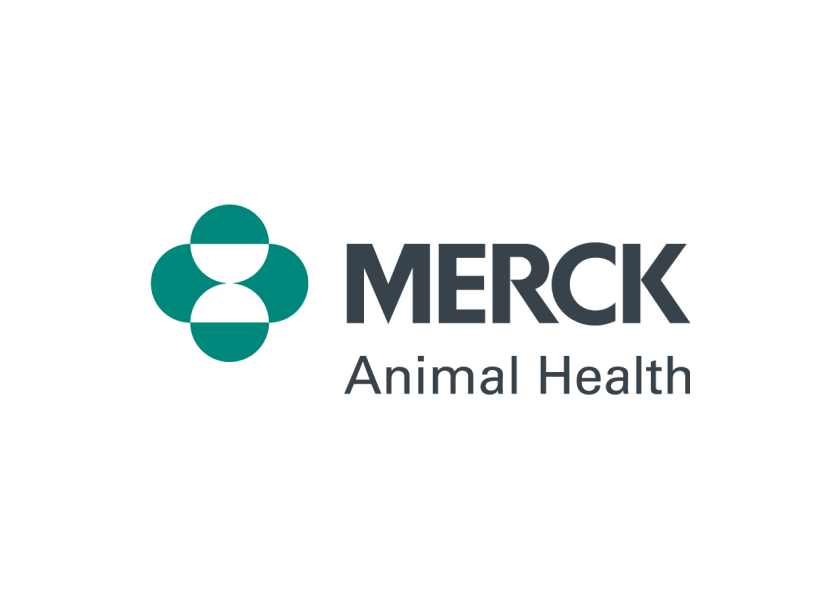Bovine Coronavirus (BCoV) is Highly Prevalent on European Dairy Farms

Merck Animal Health announced preliminary results from the first field study evaluating the prevalence of bovine coronavirus (BCoV) in European dairy production. The study, which identified BCoV in the respiratory pathway on 73% of European sampled dairy farms and found that every farm was seropositive for BCoV, was presented in an oral session at the World Buiatrics Congress (WBC), taking place September 4-8 in Madrid, Spain.
“Bovine Coronavirus has long been suspected to be a worldwide endemic pathogen in cattle, and this is the first study to evaluate its prevalence in the dairy cattle population in Europe,” said Anna Catharina Berge, Ph.D., DVM, lead study author and academic advisor in the Unit of Epidemiology at the Veterinary School at Ghent University in Belgium. “The preliminary results from this study indicate that BCoV is commonly present in both the respiratory and enteric pathways in the dairy cattle population in Europe, with all herds being seropositive to the virus and the virus present in the respiratory pathway in 73% of the herds.”
The study aims to include a convenience sample of 130 European dairy farms, and 93 have been included and analyzed thus far. Nasal and fecal swabs are collected for BCoV detection and blood, and bulk tank milk samples are collected for specific BCoV antibody detection.
Among 93 dairy farms in Belgium, Czech Republic, Denmark, France, Greece, Hungary, Ireland, Italy, Netherlands, Poland, Portugal, Romania, Sweden and Slovakia, the presence of BCoV was confirmed in 17% of nasal and 17% of fecal samples from the 93 herds analyzed. 73% of herds had one or more animals that were BCoV positive on nasal or fecal swabs. The presence of BCoV was demonstrated in 24% of nasal samples from neonatal calves, 24% of samples from weaned calves and 3% of samples from fresh cows.
Proprietary
“There is no centralized European data available in the scientific literature concerning prevalence, and until now, no studies had ever evaluated herd-level risk factors for BCoV,” said Geert Vertenten, Ph.D., DVM, Global Technical Director Ruminant Biologicals, Merck Animal Health. “Merck Animal Health is committed to improving animal health and welfare, and by extension, impacting public health and food safety through novel research in timely issues.”
On each farm, an extensive questionnaire was performed to determine various husbandry factors (such as calf management), disease control measures (such as colostrum administration and vaccination of dams against BCoV) and biosecurity management factors.
The study will characterize farm-level risk factors in management and biosecurity that are linked to BCoV infection in neonatal and weaned dairy calves. The study is ongoing and additional results will be presented in future scientific forums.
Bovine Coronavirus (BCoV) in the respiratory tract of cattle increases risk for other respiratory pathogens. BCoV is a member of a family of viruses associated with both enteric and respiratory diseases in ruminants. While BCoV has been well-established as a cause of Neonatal Calf Diarrhea, its role and impact on the Bovine Respiratory Disease (BRD) complex have been less defined. The first study of its kind generated evidence that BCoV may result in respiratory infections in cattle with istopathological lesions and clinical signs.







